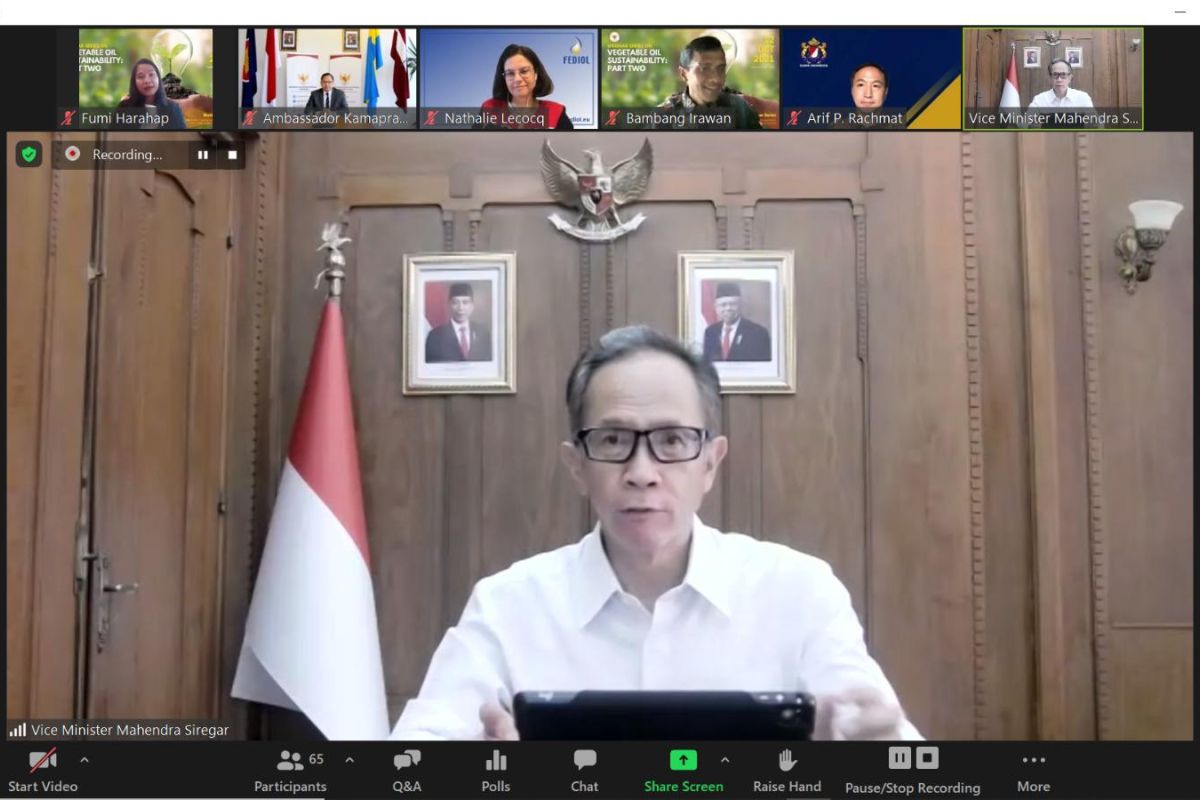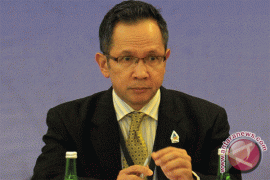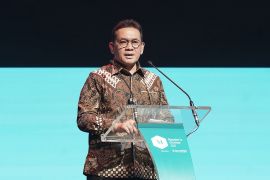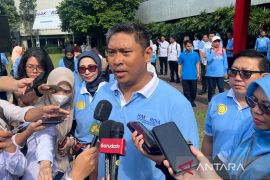"The Indonesian government urges all vegetable oil stakeholders to take concrete and coordinated steps to achieve the 2030 SDGs," Indonesian Ambassador to Sweden Kamapradipta Isnomo stated as per a release issued by the Indonesian Embassy in Stockholm and received here on Thursday.
Ambassador Isnomo delivered the statement during a webinar titled "The Role of the Vegetable Oil Industry in Achieving SDGs 2030" organized by the Indonesian Embassy in Stockholm.
The webinar focused on the results of a recent joint research conducted by a team from Jambi University, Bogor Institute of Agriculture (IPB), and Göttingen University (Germany), which found a close relationship between the role of the vegetable oil industry and the achievement of SDGs.
During the webinar, Ambassador Isnomo emphasized a key recommendation of the study on the importance for vegetable oil producing and consuming countries that included the government, private sector, as well as other stakeholders to work together in addressing the challenges and make the most of opportunities that arise in the efforts to achieve the 2030 SDGs.
Related news: Innovation, technology key for expediting village development
In his keynote address at the webinar, Indonesian Vice Minister of Foreign Affairs Mahendra Siregar highlighted the challenges faced by the vegetable oil industry, both now and in the future, especially in the face of a sharp increase in the demand for vegetable oils and the related need to protect the global land bank.
To this end, the vice minister reiterated his stance on the importance of establishing a common platform for dialogue and exchange of views to overcome those challenges.
"If we really care about the environment, all agendas and sectoral interests need to be put aside and focus on a unity of purpose, so that we can achieve meaningful progress," Siregar remarked.
The result of the study highlighted the greater contribution of vegetable oils in meeting the economic and social goals in developing countries where the agricultural sector contributes significantly to the GDP.
Related news: SDG targets must not be lowered amid pandemic: Jokowi
The study also shows uneven progress in environmental indicators in different oil seeds and that the tendency to focus on the environmental impact of certain vegetable oils overshadowed the urgent need to address others.
In addition, the ever-increasing demand for vegetable oils should be met through policies to protect the global land bank as a prerequisite to meet several key SDGs, and it is the most pressing challenge facing the sector.
Bearing in mind those findings, the team recommended the pressing need for closer cooperation and coordination between vegetable oil producing and consuming countries and the need to address environmental issues from a holistic standpoint whilst embracing the people’s responsibility to land, air, and water.
Related news: Gov't should consider extending palm oil moratorium: SPOS Indonesia
According to the study, within such framework, a unity of purpose was a prerequisite for achieving the SDGs in the vegetable oil sector.
The webinar was attended by participants from various stakeholders throughout the European and Indonesian regions, including from governments, academia, and the private sectors across producing and consuming countries.
Taking account the recommendations made, the Indonesian Embassy in Stockholm intends to promote networking among the participants in order to establish a platform to encourage unity of purpose to address the challenges in achieving the 2030 SDGs in the vegetable oil sector.
Related news: Normal life begins to return, but with caveats
Related news: Taking a peek at cenderawasih in its natural habitat
Reporter: Yuni Arisandy Sinaga
Editor: Fardah Assegaf
Copyright © ANTARA 2021












